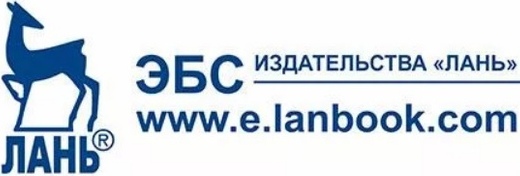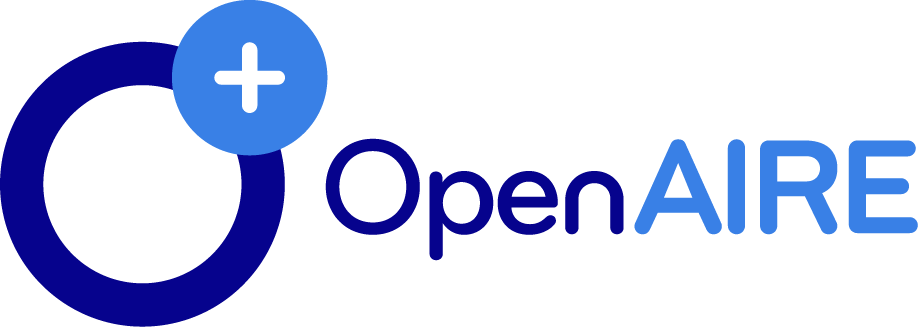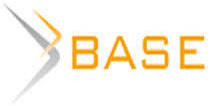COMPUTER TRAINING PROGRAMMS
In the context of technological progress, it is very difficult to train a telecommunications specialist who fully possesses the knowledge and skills to operate all the equipment operated by him. It is caused by continuous improvement and updating of samples of communication equipment. One of the ways to solve this problem is computer training programs that allow to individualize the learning process while maintaining its quality. In connection with the large role in the modern process of education to computer training programs have a number of requirements: the presence of the educational goal, the correct selection of educational material, accessible interface, etc. The main advantages of computer training programs are the ability to self-study and self-control, concentration in one place of materials of different nature and easy access to them, reducing the cost of teaching and replication of printed materials. The disadvantages include the need to have basic computer skills, low interactivity and difficulty in perceiving large amounts of information from the display screen. Today, there are a large number of computer training programs with different goals and objectives, which caused the need to classify them. Readiness for use, solved pedagogical tasks and novelty of educational material are often considered as classification features. The article also provides an example of a computer training program, with the help of which the basic requirements and classification features are considered in more detail.
















While nobody left any comments to this publication.
You can be first.
1. Kruglikov G. I. Didactic means in the classroom technology // School and production.1999. №4.
Page 3-12.
2. Safrin Y. A. Information technology / Moscow Laboratory of Basic Knowledge.1999.I part. pp. 21-24.
3. Kodzhaspirova G. M. Technical training and methods of their application/ ACADEM A. 2001. P. 12.
4. Romankova A. A. Information technologies in education / Romankova A.A., Titova E. I. // Young scientist. March 2015. Issue № 6. pp. 677-679.
5. Kupriyanov M. V. Didactic Toolkit of new educational technologies // Higher education in Russia. 2001.№ 3. pp. 124-126.
6. Tikhomirov V. A. Quality of education in virtual environment: computer technologies in education / Tikhomirov V. A., Rubin Y. M., Samoilov V. D. // Higher education in Russia.1999. № 6. pp. 21-25.
7. Kiselev G. M. Information technologies in pedagogical education / Kiselev G. M., Bochkova R.V. // Moscow Publishing and trading Corporation "Dashkov and K".2014. pp. 37-41.
8. Dendev B. Information and communication technologies in education // M.: UNESCO IITE.2013. pp. 79-83.
9. Andreev A. A. Pedagogy of higher school // M.: MESI. 2000. pp. 287-292.
10. Mashbits E. I. Psychological and pedagogical bases of a problem of computerization of training // M.: Pedagogics. 1988. pp.2-10.